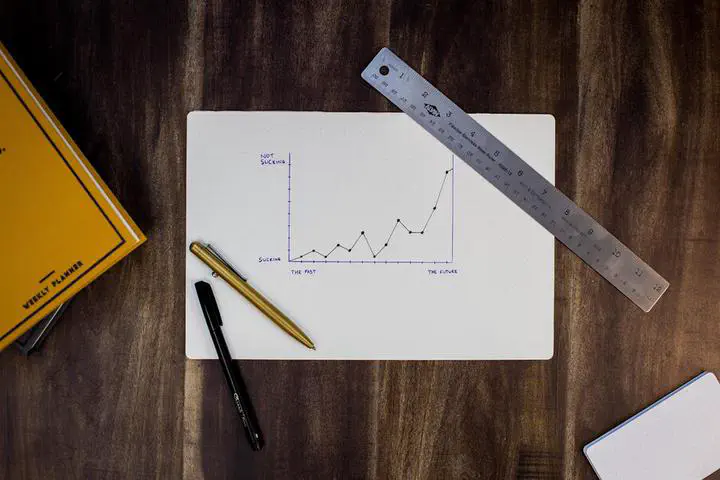Motivation and productivity during a PhD thesis
 Photo by Isaac Smith on Unsplash
Photo by Isaac Smith on Unsplash
Writing a PhD thesis is a laborious task. First, because there is a high expectation from everyone involved in the work, from the PhD candidate to the thesis director, and it is even difficult to know when it is time to stop. Second, because there is an insane number of corrections, revisions, meetings, discussions, etc, all to make sure everyone is happy with the result. In this scenario, it is very important to be productive, and the best way to do this is to keep yourself motivated and to use the right tools for the job.
The nature of scientific research can be, by itself, a factor to decrease someone’s motivation. Science works (or should work) in a very pragmatic way: based on some previous knowledge, new hypotheses are made concerning how the world works; by means of observation, this hypothesis is validated or not, and that is all. The problem is that often we do not know enough at the beginning to make good assumptions, and we spend an enormous amount of time trying to prove something that, in the end, is false. Even worse, many times students work on someone else’s ideas, without really having the chance to think about the topic before enrolling in a position. If you are a senior researcher working at an university, this is just part of life. However, for a PhD candidate that has a deadline to defend his/her thesis, it is distressful to see that time is passing by and you still do not have that Nobel Prize-winning result.
Being organized is an effective way to mitigate the problems that may arise from a bad result. It is important to have a clear mind around the topic being studied and to know exactly what each theoretical assumption brings to the table, in order to be able to quickly take action in case a path deviation is necessary. If this is not the case, the natural bad results of the beginning of the work can drop someone’s motivation so much that it becomes difficult to think what would be the next step on the road.
One huge part of a PhD candidate’s life is to write the thesis and some research articles. Only those who have already been through this can know how long it takes and how difficult it is to summarize three years of work in some documents, in a way that other people completely unrelated to the work can understand. In my opinion, this is one of the most demanding intellectual activities a person can take, and it drains a lot of energy from the ones that accept the challenge, but it worth the effort. Even if there are moments when a day of work results in no more than one or two written pages, it is extremely rewarding to arrive at the end with the feeling that you really learned something meaningful, and that your capacity to solve problems has increased.
If we google “how to be productive”, there are millions of results that offer some kind of miraculous solutions that applies to everyone in every situation. People say you should wake up at 5 a.m., work out before going to work, take a break every 30 min, or whatever. I do not really buy that, because I believe the most effective way to be productive is to do something we like, although this is not always easy. I guess we need to stop being so paranoid about finding the productivity nirvana and start looking for the chance to do what we need to do in an interesting way. No job is perfect, and to be a PhD researcher is not an exception, but when we keep in mind the benefits we are going to have at the end, the journey becomes a little more enjoyable.